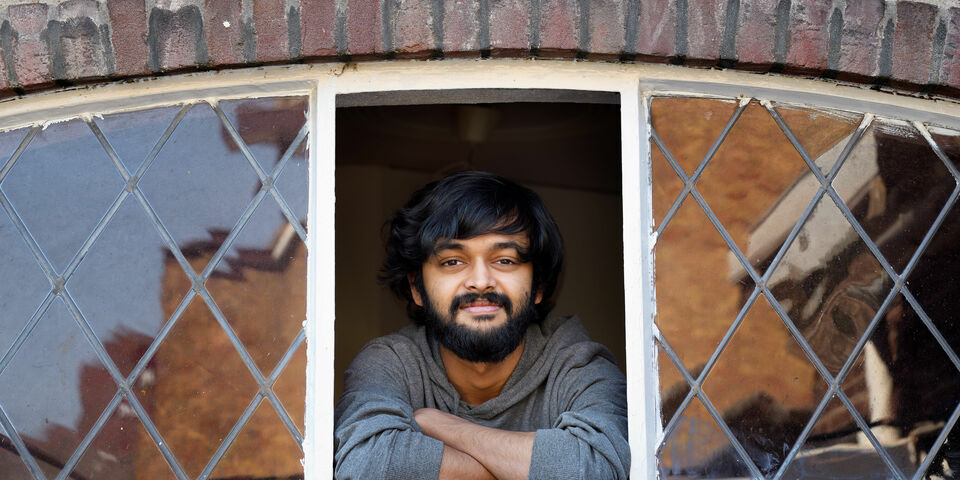The audience is largely disinterested
Last October, the Nobel Prizes for 2017 were announced. I was visiting my family in India and like many others whose appreciation for science had snowballed through the course of grad school, I too was looking forward to the announcements and the discourse (read: Twitter war) that follows. At some point, I found myself at the dinner table babbling on about the prizes to an indifferent audience (read: mom).
The observation of gravitational waves, winning the physics prize, was most exciting due to its elegance and because I had hoped for it to win the previous year - but much to my disappointment, Ma found the fried fish far more interesting. I didn’t try especially hard for the chemistry prize, if only it had been a little elementary. But then came the physiology and medicine prize and with that, ironically, a world of pain. It was awarded for research on circadian rhythm, and the theories from this work could be used to hypothesize experiences such as sleep-patterns, jetlag, depression and some neurological diseases.
Having never travelled overseas, the concept of a jetlag was quite outside Ma’s radar; to her, I was just a nocturnal nuisance. But during that dinner, her eyes lit up at the mention of sleep-cycle. She inquired about body-clocks, fruit flies and genes, and my grave got a foot deeper with each half-answer I mumbled. The discussion would end with me conceding but in a way we had both won; she had finally been able to assert the gravity of regular sleep patterns such that I wouldn’t refute the reasoning and I could finally have a dialogue about something science-y with the banker (she still doesn’t know exactly what I do for a living, that’s for the next trip home) turning indifference into intrigue ever so slightly.
Over the last several months, I’ve gone through a similar cycle over and over; attempting to declaim my interests, to friends, folks in marketing, education policy, journalism, architecture, and everything in between. It usually boils down to finding this balance: creating an narrative that is accessible without belittling it. When in the audience, I’m often silently begging for the idea to be dumbed down to my status without seeming patronizing. It’s perhaps about identifying and shaping the oration for that one set of ears in the audience, proud grandparents, texty siblings or the banker mom who learnt something from me for a change.


Discussie